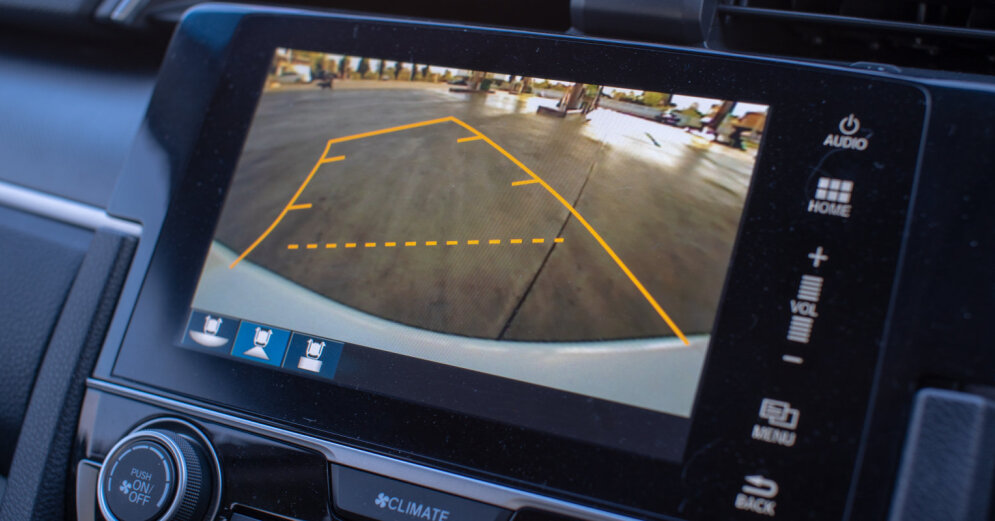Do you really know what can happen if you throw away hazardous waste, such as spray cans or batteries in the residual waste? In the worst case, a fire can occur.
The Fire and Rescue Service tells DinSide that they respond to fires associated with hazardous waste each year.
– Every year we respond to fires that start in waste containers, waste images and recycling plants, where the cause could be batteries that have been thrown away with normal residual waste, says communications manager Sigurd Folgerø Dalen of the ‘Oslo Fire and Rescue Service.
Now comes the water damage
It can have important consequences
It can be easy to forget or think he’s not so careful where you throw things, but this can lead to serious consequences.
– This has potentially important consequences for the company concerned and for society in general. Batteries and other fire-fighting and environmentally hazardous waste should always be sorted at source and disposed of as special waste, never placed in residual waste, says Dalen.
Dalen will remind people that everyone has a responsibility to contribute to as few fires and accidents as possible in society.
– An attitude in the direction of “out of sight” will unfortunately contribute to the opposite. Whether it’s ensuring your waste doesn’t become arsonist or fireproofing your own home, we are completely dependent on people joining the team and being aware of their responsibility, says Dalen.

Important to check
Lots of uncertainty
Loop, the source sorting and recycling foundation, conducted an in-depth study in 2021 where it emerged from several consumers that they hadn’t thought about where to throw their hazardous waste. Loop calls batteries a “confusing type of waste” as there is a lot of uncertainty surrounding hazardous waste.
– Quite a few have stated, among other things, that they don’t know exactly where to throw the batteries or that they think that a battery is so small that it isn’t all that dangerous,is the general manager Stine Helgeland in Loop.
But it probably doesn’t take more than a battery to start a fire.
– There is always some charge left in used batteries. When you change the batteries in your smoke detector, for example, you need to tape the terminals together so a fire doesn’t start if the batteries come into contact with metal, he explains.

DAILY DIRECTOR: Stine Helgeland in Loop. Photo: Thomas Brown
sea View
Helgeland recommends using a jam jar with a lid to collect used batteries before handing them in for recycling.
– Many people don’t know that all shops that sell batteries and light bulbs are obliged to accept this, says Helgeland.

Flow trap: remember that!
Hand them over as hazardous waste
The way things are sorted can often be different from municipality to municipality, and it can therefore pay to check lot.no where you can enter your place of residence and what you want to order.
– Our survey shows that the first thing people do when they are unsure about separate collection is throw things in the residual waste, says Helgeland.
Butane and propane, or a blend of these, are often used in aerosol cans. The propellant gases in aerosol cans can be highly flammable.
– Many spray cans contain dangerous substances, but it is not so easy for the consumer to distinguish the spray cans. Therefore, all should be delivered as hazardous waste, to be on the safe side, explains Helgeland.
Typical things that get sorted as hazardous waste are paint, glue, nail polish, auto oil, aerosol cans, and batteries.


